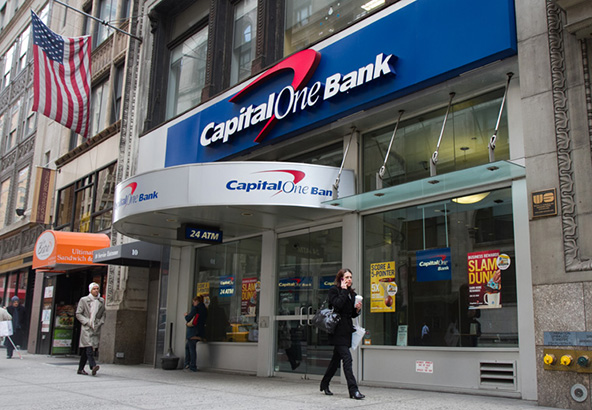Why Your Business Presents a Credit Card Processing Risk

Merchants are often surprised by the thoroughness of the review process they are subjected to when applying for a credit card processing account. They typically expect that, because they are offering their prospective processor the opportunity to make money on their transactions, the contract will be signed up without much fuss.
The reality, however, is very different and there actually are good reasons for the processors’ caution. Before underwriting a merchant account, processors will often go to great lengths to verify that the applicant business and its owners are sufficiently creditworthy and do not present an unacceptably high risk. But what risk? After all, the merchant only gets paid after the processor itself gets paid by the card issuer, right? So if no money comes into the processor’s account, no money goes into the merchant’s account. What can possibly go wrong? Well, unfortunately it is not as straightforward as that. Let me explain.
What Is the Processor’s Risk?
From a processor’s point of view, a merchant account is a form of a line of credit, extended for the amount of the approved annual bank card processing volume. So if your application is approved for a $500,000 in annual processing volume, that is your “line of credit.”
As with underwriters of the more conventional types of lines of credit, during the application review processors try to establish that the applicant is “good” for the requested amount. More specifically, they try to verify that the merchant is a legitimate entity that is capable of handling the amount of business that would generate the volume that is being considered.
More to the point, and here is where the risk factor comes in, the applicant must prove that they can do business without incurring unacceptably high levels of customer disputes and chargebacks. Why is this so important? Well, ultimately the processor is liable for all of their merchants’ obligations. So if a merchant goes out of business, the processor is liable for all of the unfulfilled orders, as well as for all chargebacks. To make matters worse, chargebacks can be initiated for up to six months after the transaction date. You can easily see how even a completely legitimate business can create a huge liability if it gets in trouble.
How Do Processors Evaluate Risk?
To protect itself against such unpleasant prospects, before approving an application a processor will typically perform the following actions:
- Credit check, background investigations, and reference checks of the applicant business.
- Credit check of:
- The owner, if the merchant is a sole proprietor; or
- The partners, if the merchant is a partnership; or
- The principal shareholders, if the merchant is a corporation.
- Inspection of the physical premises and records to ensure that the merchant has the adequate facilities, equipment, inventory, agreements and staff. If the merchant has more than one outlet, the processor will inspect at least one of them.
- Check the business license or permit.
- Inquiry into the Member Alert to Control (High-risk) Merchants (MATCH) system. If a processor enters into an agreement with a merchant that is listed in the MATCH system, it will be held responsible for all fraudulent transactions.
- Investigation of the merchant’s previous processing agreements, if any.
Typically, a processor will not conduct a credit check on a public or private company that has annual sales revenues in excess of $50 million, provided the most recent annual report and financial statements raise no further questions. However, a private company that cannot produce a recent audited financial statement will be subject to a credit check and inspection, even if it does more than $50 million in annual sales.
The Takeaway
What you need to understand is that your processor does hold liability for your merchant account activities, even as it holds you liable for all potential losses that can result from them. This is why you are asked to provide all these documents during the application process.
In fact, higher risk businesses (e.g. providers of subscription-based services, timeshare advertisers, dating websites, etc.) are required to produce even more paperwork, which may include financial statements and tax returns for the latest two years, as well as processing statements with the current processor for the latest six months.
Yet, most businesses’ merchant account applications are easily approved and yours will be too, if you work with your processor and provide all of the requested documents. Remember that the processor wants your business and the review process is designed to identify and reject the fraudulent applications and the ones that present unacceptably high risk. That’s reasonable enough, isn’t it?
Image credit: Poscardsystemsinc.com.


